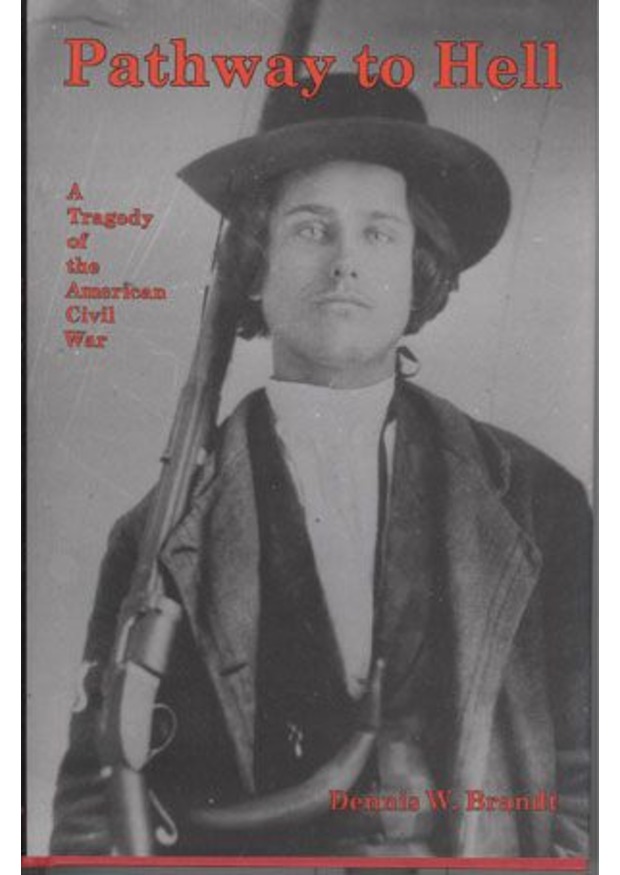A Tragedy of the American Civil War
Shell shock, battle fatigue, post-traumatic stress disorder, lacking moral courage—different terms for the same mental condition and a haunting presence in wars throughout history. This is the unique story of one young Pennsylvanian, Angelo M. Crapsey, who marched off to war with a patriotic chip on his shoulder only to stagger home two years later under the crushing burden that war had imposed on him. The specter of psychological destruction has marched beside all soldiers in all wars, forever standing at the ready to ravish minds. The topic became much too familiar to the American public in the aftermath of the Vietnam War. As veterans of World War II and Korea reach their advanced years, many of them are purging themselves of half-century-long nightmares. Sadly, we continue to fill casebooks with new stories of psychological damage inflicted on those now struggling in Iraq and Afghanistan. Yet rarely does the subject reveal itself when discussing America’s great conflict, the Civil War. A public that venerates the many well preserved battlefields never seems to offer more than passing notice of the mind-wasting terror that affected the men who fought there. That is why this book exists. Its detailed view of mental stress makes it almost unique in the vast literature of the American Civil War. Gleaned almost exclusively from extensive primary accounts, most previously unpublished and none well known, Pathway to Hell offers sobering insight into the horrors that war wreaked upon one young man. His voice is critical to a proper recounting and appears often in the telling, even though he seemed oblivious about what was happening to him. Other voices are heard as well, including those who influenced him before the war and who may have contributed to his destruction. It is also a tale of a town that fought both him and his ideals and is a fresh insight into a famous regiment in which he so nobly served. Lastly, it is a search—a necessarily frustrating one—for the reasons why it all happened.
Equally as important to the author is his method of telling the story. This is an account of human suffering, of how one man did and did not deal with fear and overwhelming emotions. To recount it with dry, academic terminology would be to this soldier—indeed, all soldiers—a grave disservice because it would reach a smaller audience when we should all be made aware of what happened to Crapsey. With that goal in mind, the author constructed this book to reach the widest possible readership.
The psychological punishment that war metes out is a topic the reader may or may not enjoy reading, but it is guaranteed that it will enlighten them.













